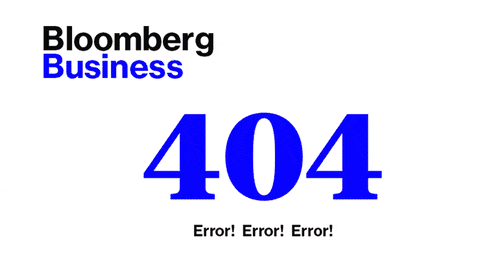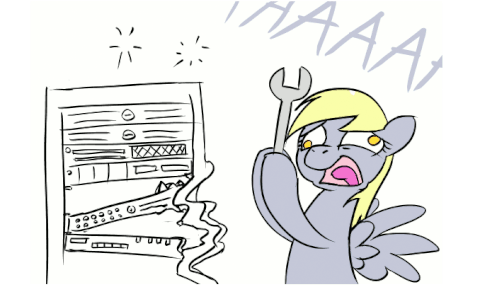Hello everyone,
Today, I will speak about HTTP status codes.
Yesterday at 7:30 pm, I was giving a look to Github and, I don't know why, I needed to visit dev.to.
But when I tried to load the page, I received a beautiful 'Error 503' with a dog looking at me! 😝
And that's how I found myself writing this little post to you.
"Always look on the bright side of life." 🌔, My mom.
So...here we go!
First of all, why do we need a status code?
A status code is a little message from the server that tells you how things went with your request (if everything went well, etc...).
So you can imagine how necessary it is to get feedback on the status of a request.
There are several status codes and each one is dedicated to a specific situation.
Categories
The HTTP status codes are divided into 5 different classes defined by the first number they are composed of.
Here is a list of the classes described in the RFC 7231, page 47:
- 1xx: Informational - Request received, continuing process
- 2xx: Success - The action was successfully received, understood, and accepted
- 3xx: Redirection - Further action must be taken in order to complete the request
- 4xx: Client Error - The request contains bad syntax or cannot be fulfilled
- 5xx: Server Error - The server failed to fulfill an apparently valid request
A quick look at the most frequent status codes
The number one is, of course, the famous:
Error 404 Not Found

This error occurs when the resources you ask doesn't exist, try to check the orthography and stay calm 🙏😄.503 Service Unavailable

The error I had the good fortune to see yesterday appears mainly when the server is busy (overloaded by too many requests ?) or when the server is in maintenance.
It is usually temporary, so be patient!200 OK

A normal user doesn't even know about its existence, this status code means that everything goes well.
You asked for X, I found it, and I've shown it to you.Etc...

There is a lot of HTTP status code, so I let you see by yourself here.
As you can see the most frequent status codes are errors 😭😂.
So that's it for this article, like every time, feel free to remind me if I forgot something 😜
I know, I know, you're sad.
But I will come back as soon as possible with other better posts than the previous one. (I hope so)



Top comments (12)
418 Im a tea pot
For the first time in 25 years of development I actually got to use that in a production system. It was for a brief lived feature where I needed to ensure I wouldn't step on another status' toes so worked wonderfully.
I'm genuinely very jealous
how could I forget it 😭😂
Well this post is evidence that the service did come back online eventually 😄
Actually, due to edge caching, most pages were still deliverable despite issues with the central application.
Yes, it only lasted a few minutes, thankfully 😄.
Effectively, I noticed it later.
If you're looking for a visual map. http.cat is a great resource
Quite interesting. Thank you ! 😂
For easy reference, who can say no to puppies? httpstatusdogs.com
😂👌
I'll do better next time. 😅
Thank's for the feedback !
it wasn't my goal, sorry for that 😂😅